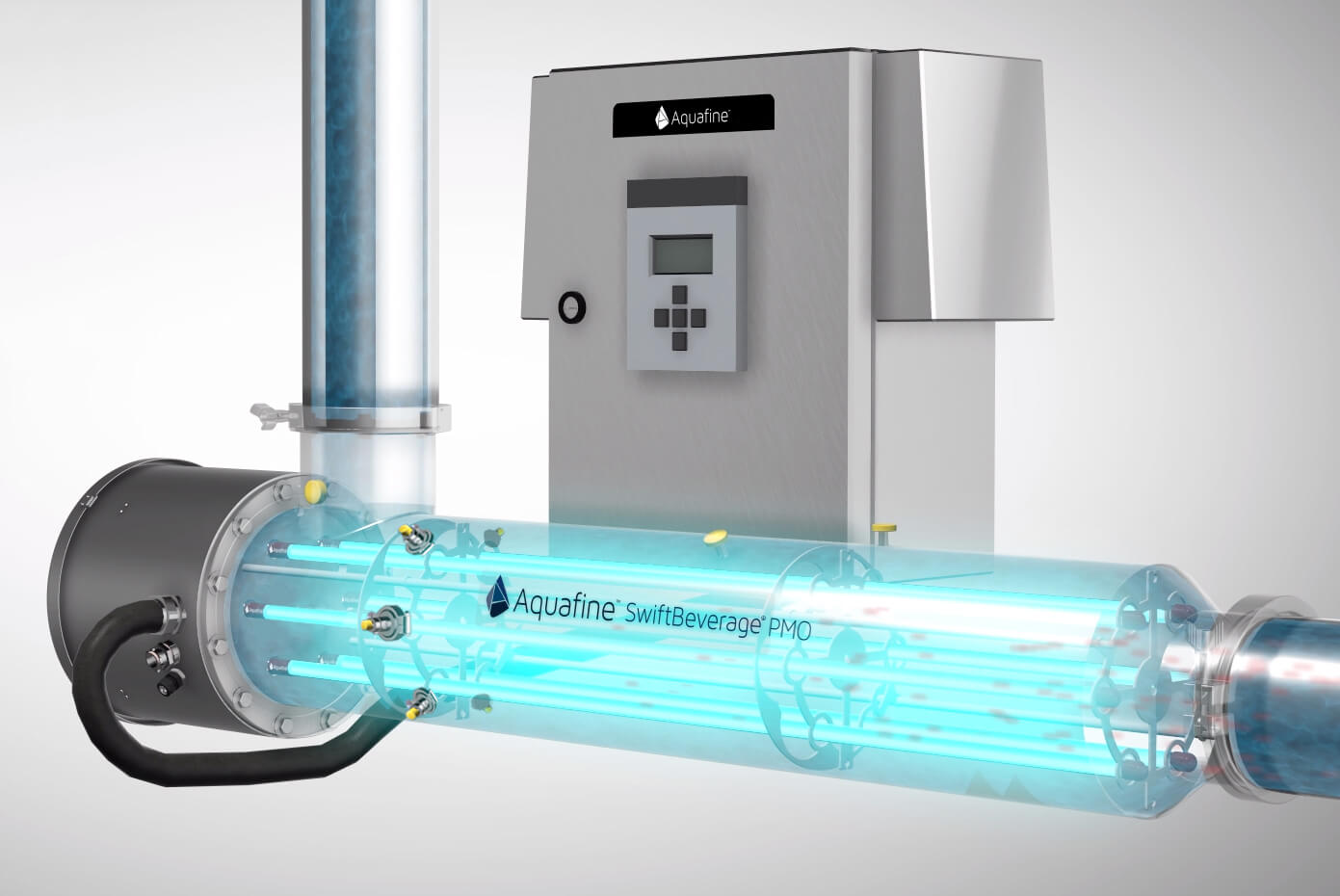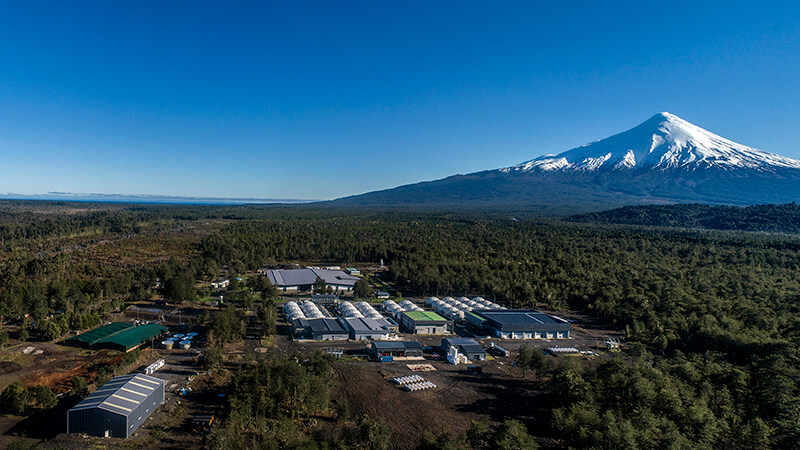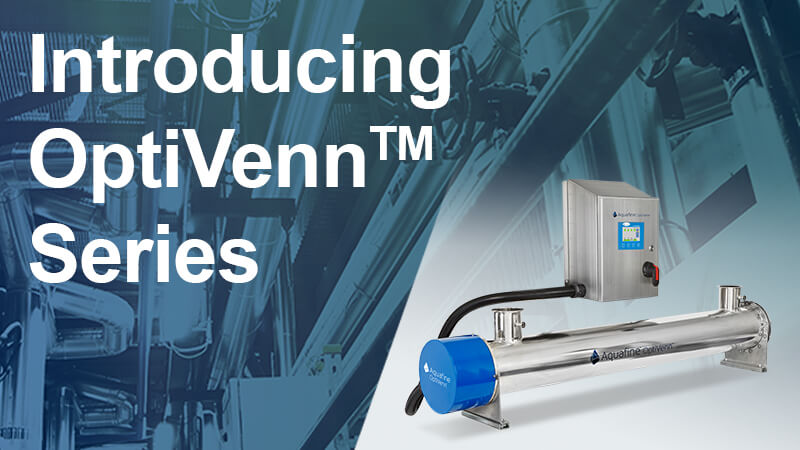Pasteurized Milk Ordinance (PMO) Requirements For UV Inactivation
Pasteurized Milk Ordinance (PMO) specifies the equipment and processes required to produce Grade-A milk approved for interstate shipment. The PMO document is prepared by the National Conference on Interstate Milk Shipments (NCIMS) and is incorporated by reference into Federal specifications. The ordinance is a “grass-roots” consensus of current knowledge & experience, representing a practical & equitable milk sanitation standard for the nation.

PMO Requirements and UV
The PMO specifies that water for use in contact with milk in Grade-A plants must be pasteurized. Since 2011, Ultraviolet treatment has been approved to replace thermal pasteurization for this water, as long as certain criteria are met.
PMO requires that all water treatment technology for dairy plant usage must be fail-safe, ensuring that 100% of the water is fully treated. UV treatment equipment must initiate flow-diversion if the UV dose falls below target, or if the system operation is otherwise compromised.
All Aquafine SwiftBeverage PMO systems have been designed to meet the diversion requirement, to regulate flow and to have the required sensor per lamp to ensure full compliance with the PMO.
Why UV Instead of Pasteurization?
- Significant energy savings
- High efficiency and performance
- Provides diversion under alarm conditions
- High system stability and low downtime
- Installed and operating at large dairy facilities
- Low maintenance cost
Featured Posts
La primera planta piloto de reutilización de agua potable en Europa utiliza Trojan UV AOP
Trojan se enorgullece de formar parte del proyecto de purificación de agua AIGUANEIX del Consorci d'Aigües Costa Brava Girona Trojan Technologies se complace en compartir que formamos parte del proyecto piloto de reutilización de agua AIGUANEIX de la Diputació de...
First Potable Reuse Demo Plant in Europe uses Trojan UV AOP
Trojan is proudly part of the Consorci d'Aigües Costa Brava Girona’s AIGUANEIX water purification project Trojan Technologies is excited to share that we’re part of Diputació de Girona and Consorci d'Aigües Costa Brava Girona’s AIGUANEIX water reuse pilot project at...
Trojan Technologies Opens First U.S. Distribution Facility in Grand Rapids, Michigan
On March 3, 2025, Trojan Technologies celebrated the grand opening of its first U.S. distribution center in Grand Rapids, Michigan. This strategic expansion underscores the company's dedication to enhancing customer experience and optimizing the delivery of its...







